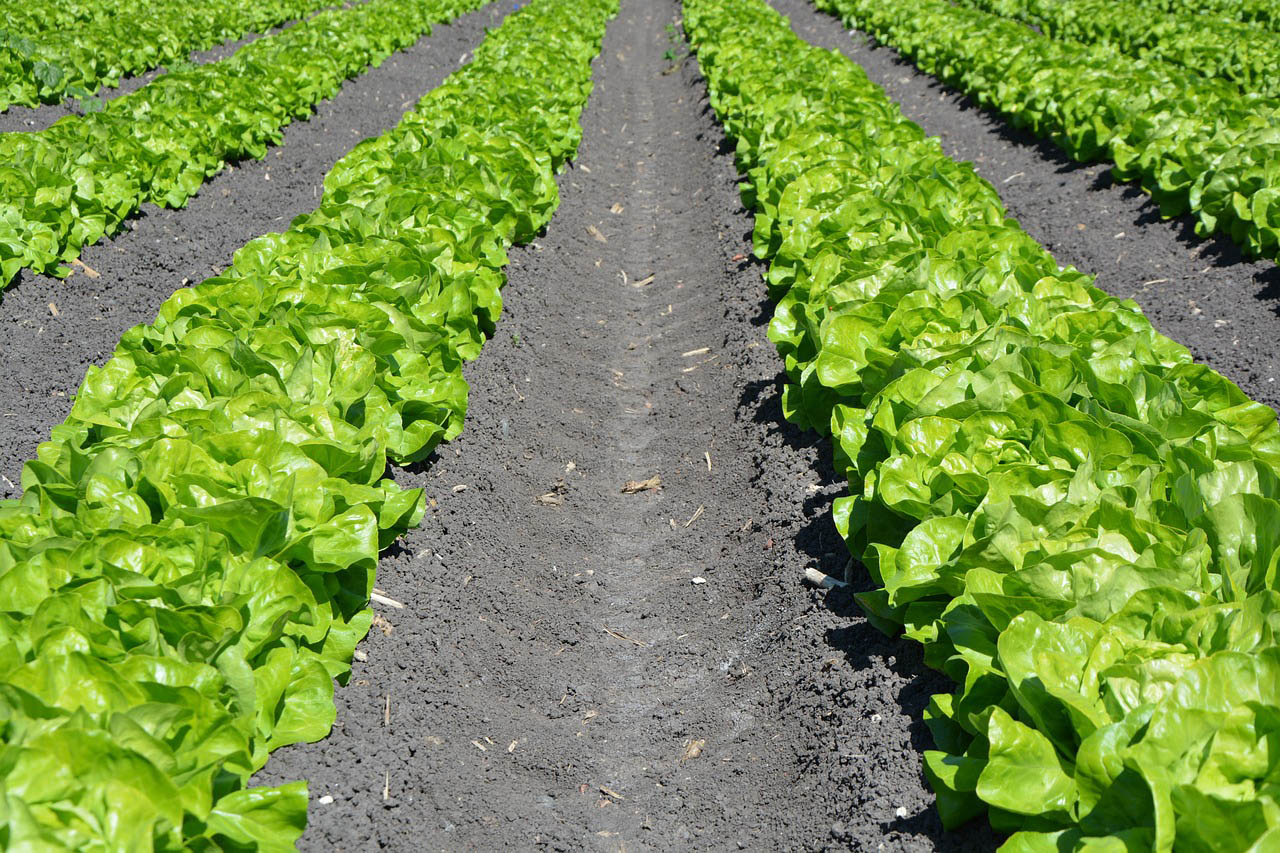Raising poultry at home can be more than a hobby. Birds, like other pets, teach responsibility; they also teach about agriculture and provide food. The trend for backyard birds, especially in cities, is growing. A recent survey found 70% of backyard bird owners have less than 10 birds, and most of the birds are kept for food (eggs and meat), natural pest eaters and pets. It’s also possible to compost the birds’ manure as fertilizer for plants.
Raising backyard birds requires financial investment upfront and ongoing investments of time and money. Birds require access to a veterinarian to make sure they are healthy. Disease can spread easily between birds and people; Salmonella is the most common. Salmonella is a bacteria that causes diarrhea, fever, and abdominal cramps. Live chickens, ducks and other poultry often have salmonella but don’t appear sick. Everyone should wash their hands before and after working or playing with the birds.
Bird health is a national concern. The outbreak of Avian Influenza in the Midwest in 2016 killed hundreds of thousands of birds. The initial cases were thought to have come from wild birds flying through the area and sharing food. The National Poultry Improvement Program (NPIP) specifically talks about biosecurity and transfer of disease
There are several steps to consider if you want to raise chickens in your yard.
Check your city or town to see if poultry is allowed.
Where’s the best place to buy a chicken?
- An NPIP certified flock in Arizona
- An NPIP certified flock from out of state
- A feed store that purchased from a National Poultry Improvement Plan (NPIP) hatchery
What should I look for when buying a bird?
- Research the breed of bird to be familiar with its hardiness for Arizona weather, ease of care, and longevity
- Purchase a bird from a NPIP certified flock guarantees flock was tested and is free from Salmonella pullorum
- Make sure the bird looks healthy, no watery eyes or discharges coming from the eyes or nostrils
- Observe the bird’s behavior and activity level
What do I need for the bird as far as housing?
- Separate housing for chickens outside the home
- A coop or enclosure with right shelter for the type of bird
- A system to moderate temperatures during winter and summer
- A line of separation will protect your bird from unexpected visitors
- Containment to protect your bird, its water and food from wildlife
- Good biosecurity measures will help keep your birds protected from disease
- An easy-to-clean shelter will help prevent buildup of manure
How do I keep the bird healthy?
Find a local veterinarian that can help you keep your flock healthy
- Research the type of feed recommended for the breed, most feed stores can help
- Make sure the feed is not moldy, and the birds are fed on a regular basis
- Make sure they have access to fresh, clean water 24 hours a day
- Protect birds from extreme temperatures; birds can be sensitive to heat and stress easily
- Check birds purchased for eggs several times a day and collect the eggs often
- Watch the health of birds regularly and move birds that appear sick away from other chickens
- Isolate new arrivals for 30 days before intoducing to the rest of the flock
If you want to sell eggs, check into what’s required by the state. Arizona has an exclusion for small sales, but you must register with the Department. For more in-depth information about protection of poultry in Arizona, visit the AZDA National Poultry Improvement Plan page.
For More Information
Call (602) 542-4293 from 8AM to 5PM Arizona time Monday through Friday.
Public Health Links
If you’re raising the chickens and eggs for your own use, you may not have to pay the state sales tax (transaction privilege tax) when buying feed. A law (HB 2326) takes effect August 6, 2016 only affects state taxes, not local taxes. Check with the feed dealer for more information.
-
Food Access
Finding Healthy Food in ArizonaConnecting people, food, and resources through partnerships with producers, non-profits, for-profits and government.
-
Get a License
Apply For, Renew, or look up a LicenseEnter our Licensing and Payment System then use the filter at the top to find the license you want to apply for or renew or find existing license information, including CEU's
